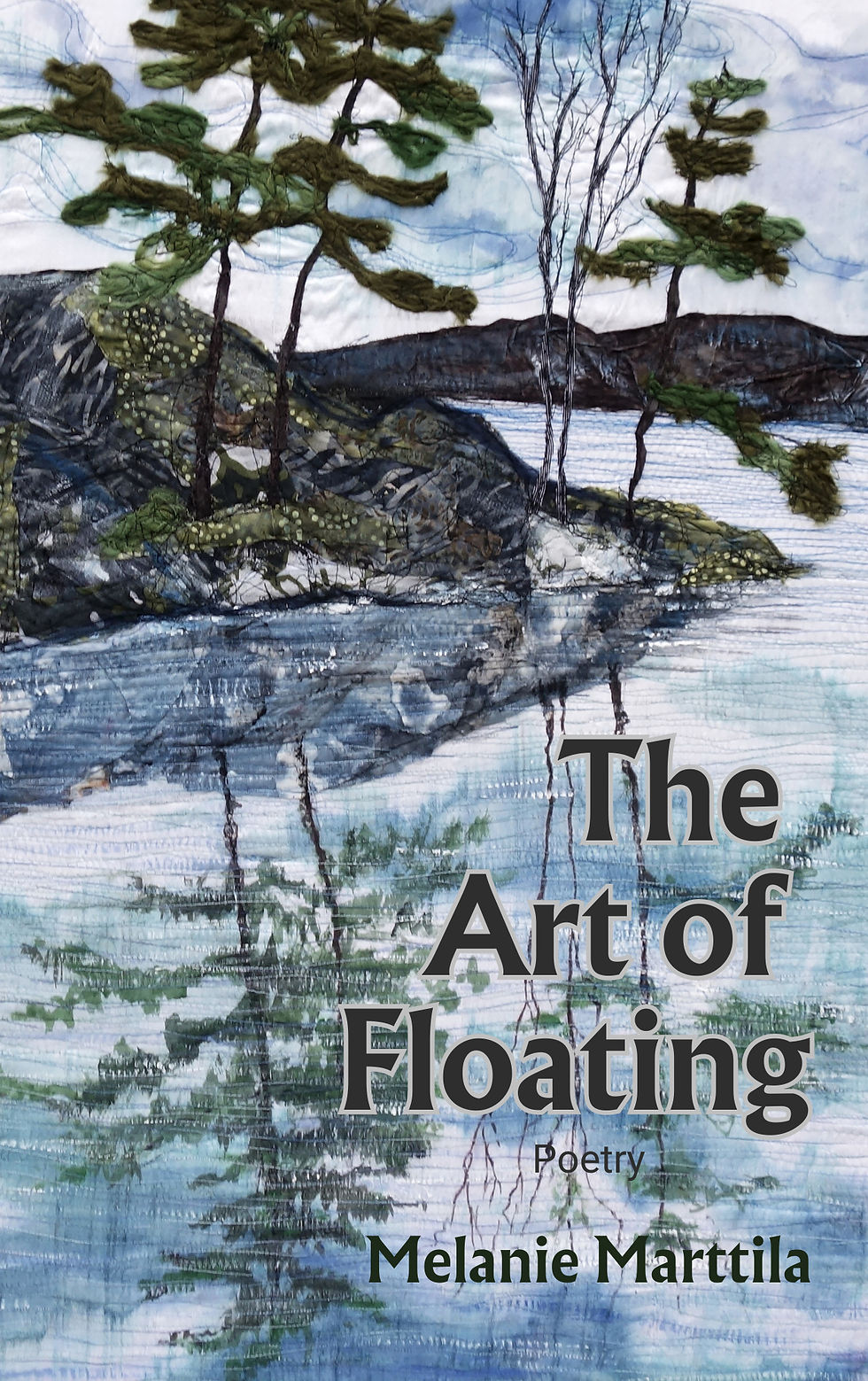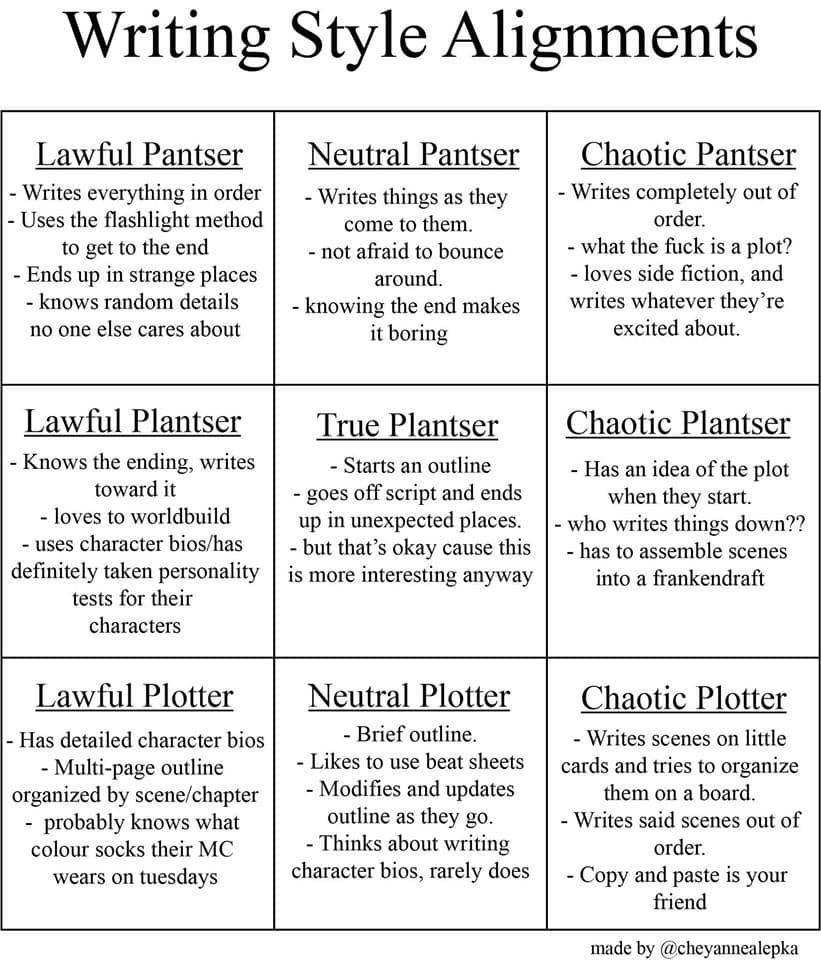Neurodivergent author Melanie Marttila on the power of reclaiming your authentic voice
- Sheelagh Caygill

- Aug 4, 2025
- 7 min read
Updated: Aug 19, 2025
Melanie Marttila (she/her) is an #ActuallyAutistic SFF author-in-progress, writing poetry and tales of hope in the face of adversity. Her poetry has appeared in The /tƐmz/ Review, Polar Starlight, Sulphur, and her debut poetry collection, The Art of Floating, was published in 2024 by Latitude 46. Her short fiction has appeared in Through the Portal, Pulp Literature, and On Spec. She is a settler writing in Sudbury, or ‘N’Swakamok, on Robinson-Huron Treaty territory, home of the Atikameksheng Anishnawbek and the Wahnapitae First Nation, in the house where three generations of her family have lived, on the street that bears her surname, with her spouse and their dog. Here is neurodivergent author Melanie Marttila on the power of reclaiming your authentic voice, studying creawtive writing, and her writing and editing process

Melanie Marttila on the power of reclaiming your authentic voice
OCW: What life experiences have shaped your writing style?
MM: In reverse chronological order, I’ll offer three. The most recent and significant event to shape my writing style was my diagnosis as autistic in 2021. I say this all the time, but it really was a relief and a revelation. It explained “All the Things” and allowed me to reclaim the parts of myself that allistic society had taught me were unacceptable. I recovered my authentic and neurodivergent voice, took more creative chances, and noticed an according uptick in my publications of both poetry and short fiction.

Prior to that, an academic advisor in graduate school, who will remain nameless, told me to stop wasting his time, and mine, with this “fantastical nonsense.” If I wasn’t going to write seriously, I should quit. That pronouncement resulted in my temporary departure from the program and a creative wound that stunted my development as a writer and took years to heal. Still, I returned to finish my degree and, aside from my creative thesis, which was a collection of short fiction framed in terms of shamanic awakenings, my poetry was published in Wayzgoose, Generation, and a couple of Cranberry Tree Press anthologies.
Almost everything about my undergraduate experience at Laurentian University had an impact on my writing. My professors and fellow students, several of whom remain friends, created a vibrant and supportive community. Those years also offered me some of my first publication opportunities. I won several local creative writing competitions and published my first professional, i.e., paid, piece of short fiction. After I completed my graduate studies, one of my LU professors, Laurence Steven, started Your Scrivener Press and published my poetry in (W)rites of Spring and Neoverse.
Tales of hope in the face of adversity
OCW: Do you use social media to engage readers, writers, or publishers and, if so, which platforms?
MM: It’s a Schrödinger’s social media situation. I’m on most of the major platforms, but I haven’t yet cracked the engagement code. So, I both do (or try) and do not engage with readers, writers, and publishers. My home base is my website/blog Always Looking Up. I call it that because . . . I am.
Part of my standard biography is that I write poetry and speculative tales of hope in the face of adversity. So, I’m always looking up in an optimistic way. I also take pictures of the sky and of the moon, in particular. So, I’m always looking up to see what the sky has to tell me today.
In truth, when I’m out walking my dog, which is when I take most of my pictures, my eyes are generally on the ground, because clumsy, and also light sensitivity. I have transitions lenses, and they help, but looking up has to be worth the pain.
Last year, I started a Substack, which I call Alchemy Ink because I’ve always wanted to call a writers’ group that. The various groups I’ve been a part of, though, have never been keen on the name and have never lasted long. So here we are.
In terms of social media, I’m mostly on Facebook. I just have a personal account. I’m also on Instagram and that’s where I’ll share my sky and moon pictures. Last year, after I stopped using X, I set up accounts on Threads and Bluesky. And I'm on LinkedIn but I'm not terribly active there. In fact, I’m not terribly active on any social media. The various algorithms mystify me, and I never know what I should share beyond my monthly Substack, publication news, and my pictures. I’m an extreme introvert and never really got the “watercooler” style chat popular when X was Twitter. I’m far more comfortable liking or sharing other people’s good fortune.
Writing Style Alignments chart
OCW: Are you a plotter or a pantser?
MM: With short fiction, I just write, so pure pantsing there. I’ve tried using structures like the MICE quotient but, if I’m being honest, I have no idea what makes any of my stories publishable. Some are accepted out of the gate. Others are rejected and revised multiple times until they find their home. All that to say I still haven’t cracked the code of short fiction.
With regard to longer form fiction, there was this meme shared a few years ago framing the spectrum of plotter to pantser in terms of the old Dungeons & Dragons alignment system. A quick Google-fu and la! I have found it:

I identify as a true plantser on this chart. I have tried every kind of outlining there is. Quickly freewriting scene ideas, chapter-by-chapter outlines, Jennie Nash’s Inside Outline, point-form notes, sketching out the plot point scenes, charting the protagonist’s character arc, plotting back from the final scene, and I can’t remember what else in the moment.
As soon as I start drafting, I’m off script. There is no question. I often have to go back after the first draft is done and map out what I’ve written, so a reverse outline.
I focused on drafting for so long that I neglected revision. I’m still learning how to revise and right now it’s still very much revision hell. But I worked on one novel with a book coach and after a couple more passes to cut and compress, I hope to enter the query trenches.
LLMs are not AI, but expert systems
OCW: Do you see generative AI as a threat or benefit to writers?
MM: My answer is not definitive. It’s not that I don’t have definitive thoughts, but that the nature of large language models (LLMs), which are not artificial intelligence (AI), thankyouverymuch, but expert systems, is changing at an exponential rate and my understanding of them and thoughts about them must change at pace.
Currently, I despise that authors’ work has been used, without credit or compensation, to train LLMs. The solution to this is for governments to develop and enforce robust legislation governing this practice. In Canada, TWUC has been our principle advocate in this fight. Future legislation cannot prevent past harms, however.
The move to replace human artists with expert systems, whether authors, voice actors for audiobooks, or cover artists, none of which can quite do the job . . . yet, is problematic. I understand that publishing is a business, and expert systems can save money, but I support human artists in all media over LLMs or other expert systems. Always.
I also think that the environmental cost of so-called AI is too high to tolerate. I seek out non-AI resources like UDM14.com for AI-free Google search, or disable AI assistants in social media and software, where possible. Step-by-step instructions can be found for most platforms and products.
However, LLMs can be useful, if properly vetted. I have a day job which encourages the use of LLMs to develop proposals, analyses, reports, and other business documents. I know that LLMs have helped neurodivergent and disabled students succeed in high school and university. In the creative process, LLMs can help with brainstorming or in the creation of synopses or queries, again, in conjunction with human discernment and editing. LLMs do have a hallucination problem. And AI readers can be very useful in the editing process. You can often “hear” where your writing is off when you might miss the same awkwardness in a visual pass.
So, right now, AI is mostly a menace, but selectively useful.
Writing and editing process depend on genre
OCW: Do you edit as you write, or write and edit later?
MM: Again, my answer is not a straightforward one and depends upon the genre I’m working in as well as the circumstances of the writing.
When I write poetry, I get the images and thoughts down as soon as the idea feels “ripe.” Writing poetry occurs largely in my head before it reaches the page. Editing happens later.
In terms of short fiction, it depends on how relatively easy the writing is. Sometimes the idea comes out largely fully formed, like it does with poetry, after mental percolation. In those instances, I get the idea on the page and return to edit later. But when the writing is slog-like, I will often edit as I write, because the difficulty generally indicates that there’s something lacking in the piece and I have to figure out what it is before I move on. Sometimes I write the piece out as it comes to me, even if the writing is difficult. I find these stories my least successful and I often end up revising repeatedly after a series of rejections.
For longer form prose, I used to edit as I went, but this resulted in a kind of death spiral where I endlessly edited the first 50- or 100-pages ad nauseum and failed to make progress beyond that point. Later, I taught myself to pick up from where I left off. Scrivener was great for this, but Word now holds your place so you can skip to it without recording the page number and using the goto command to find the place you last stopped writing. I may review the last page to get a feel for what I was writing and where I was going but largely pick up from where I left off. Revision and various kinds of editing take place in successive drafts.


Comments